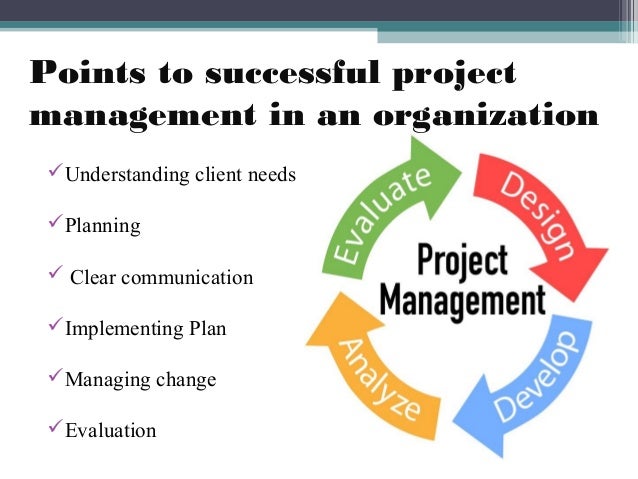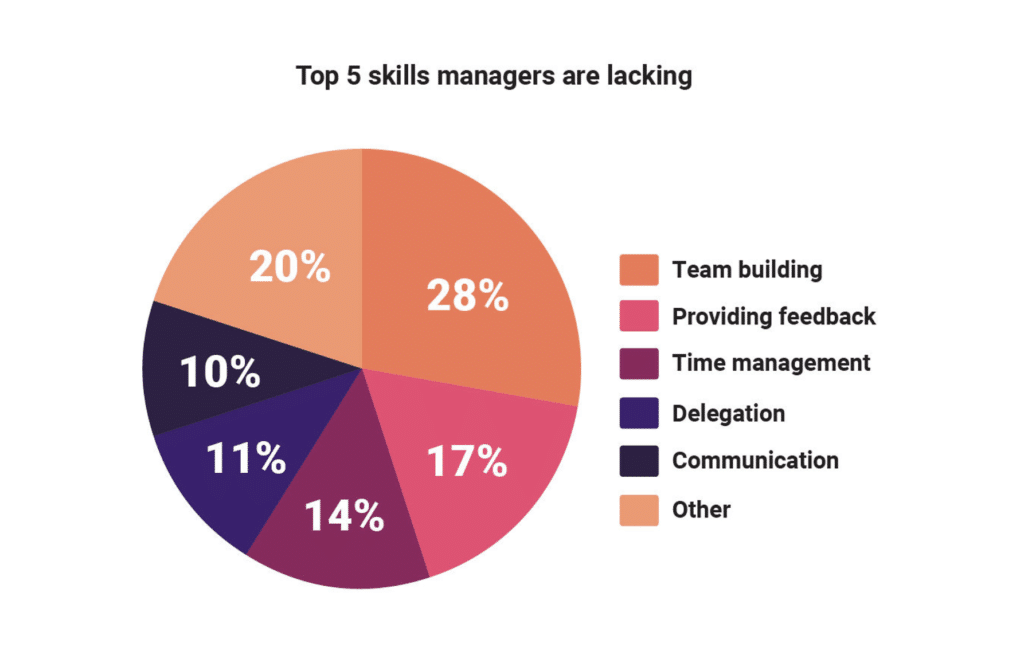
Waste Management is a leading provider of environmental solutions. They offer a wide range of services for residential and commercial customers. The company provides three convenient drop-off locations. It also offers competitive compensation benefits. The company offers a health insurance plan, dental, vision, life, short-term disability and stock purchase plans. Paid vacation and holidays are also available to employees. Additional benefits may vary by site.
WM is a world-class provider of holistic environmental solutions
Waste Management (WM), is North America's largest provider of environmental solutions. The company currently serves 21 million customers in the U.S. and Canada, and is committed to finding innovative waste solutions to meet the needs of its customers. WM provides comprehensive services that enable communities and organizations to reach zero waste and green goals.

It offers a wide range of residential and commercial services
Spokane Waste Management offers a variety of commercial and residential services. The company provides curbside collection of garbage, food waste, yard waste and recyclable materials. Residents are required to have their garbage collected on a weekly basis. You can also choose curbside recycling which is collected every two weeks. Residents can check their pick-up schedule using the city's recycle map tool.
Waste Management in Spokane, Washington, provides a range of residential and commercial services, including trash removal, recycling and yard waste. Waste Management also provides residential recycling and disposal passes to Waste to Energy. It is also the only local waste management company that processes yard waste.
There are three drop-off points.
Spokane Washington's waste management agency offers three convenient drop off locations for your yard waste, recyclables, and trash. The Waste to Energy Facility, located just west downtown on Spokane's south side is found at Geiger Boulevard. This facility accepts all types household garbage and recycles. This facility also provides secure disposal for materials that have to be destroyed.
Anything considered hazardous in household waste includes pesticides and oven cleaners as well as batteries. These items must be stored in containers no larger than 5 gallons. The disposal fee for unopened containers is zero

It pays more than the average Waste Management Drivers wage
Spokane's Waste Management Drivers job offers more than the average waste management salary. Spokane's highest-paying Waste Management Drivers jobs can earn up to $44,421 an year.
FAQ
What are management concepts?
Management Concepts are the management principles and practices that managers use in managing people and resources. They cover topics like job descriptions (job descriptions), performance evaluations, training programmes, employee motivation and compensation systems.
What are the 4 main functions of management?
Management is responsible in planning, organizing and directing people and resources. It includes the development of policies and procedures as well as setting goals.
Management assists an organization in achieving its goals by providing direction, coordination and control, leadership, motivation, supervision and training, as well as evaluation.
The following are the four core functions of management
Planning - This is the process of deciding what should be done.
Organizing - Organization involves deciding what should be done.
Direction - This is the art of getting people to follow your instructions.
Controlling – This refers to ensuring that tasks are carried out according to plan.
How does Six Sigma work?
Six Sigma employs statistical analysis to identify problems, measure them and analyze root causes. Six Sigma also uses experience to correct problems.
The first step is identifying the problem.
Next, data is collected and analyzed to identify trends and patterns.
The problem is then rectified.
Finally, data will be reanalyzed to determine if there is an issue.
This continues until the problem has been solved.
Statistics
- UpCounsel accepts only the top 5 percent of lawyers on its site. (upcounsel.com)
- As of 2020, personal bankers or tellers make an average of $32,620 per year, according to the BLS. (wgu.edu)
- Our program is 100% engineered for your success. (online.uc.edu)
- The average salary for financial advisors in 2021 is around $60,000 per year, with the top 10% of the profession making more than $111,000 per year. (wgu.edu)
- Hire the top business lawyers and save up to 60% on legal fees (upcounsel.com)
External Links
How To
How can you create a Quality Management Plan, (QMP)?
The Quality Management Plan (QMP) was established in ISO 9001. It is a systematic way to improve processes, products and services. It focuses on the ability to measure, analyze and control processes and customer satisfaction.
QMP is a method that ensures good business performance. QMP helps improve production, service delivery and customer relationships. QMPs should encompass all three components - Products and Services, as well as Processes. The QMP that only addresses one aspect of the process is called a Process QMP. QMP stands for Product/Service. QMP stands for Customer Relationships.
Two main elements are required for the implementation of a QMP. They are Scope and Strategy. These elements are as follows:
Scope: This describes the scope and duration for the QMP. For example, if your organization wants to implement a QMP for six months, this scope will define the activities performed during the first six months.
Strategy: These are the steps taken in order to reach the goals listed in the scope.
A typical QMP comprises five phases: Planning and Design, Development, Construction, Implementation, Maintenance. Below is a description of each phase:
Planning: This stage determines the QMP goals and prioritizes them. Every stakeholder involved in the project is consulted to determine their expectations and needs. Next, you will need to identify the objectives and priorities. The strategy for achieving them is developed.
Design: The design stage involves the development of vision, mission strategies, tactics, and strategies that will allow for successful implementation. These strategies are then put into practice by creating detailed plans.
Development: The development team is responsible for building the resources and capabilities necessary to implement the QMP effectively.
Implementation: This involves the actual implementation of the QMP using the planned strategies.
Maintenance: It is an ongoing process that maintains the QMP over time.
Additionally, the QMP should include additional items:
Participation by Stakeholders is essential for the QMP's continued success. They need to be actively involved in the planning, design, development, implementation, and maintenance stages of the QMP.
Project Initiation. It is important to understand the problem and the solution in order to initiate any project. Also, the initiator should understand why they are doing it and what they expect.
Time Frame: This is a critical aspect of the QMP. If you plan to implement the QMP for a short period, you can start with a simple version. If you are looking for a longer-term commitment, however, you might need more complex versions.
Cost Estimation. Cost estimation is another crucial component of QMP. Planning is not possible without knowing the amount of money you will spend. Therefore, cost estimation is essential before starting the QMP.
QMPs are not only a document, but also a living document. This is the most important aspect of QMPs. It can change as the company grows or changes. So, it should be reviewed periodically to make sure that it still meets the needs of the organization.